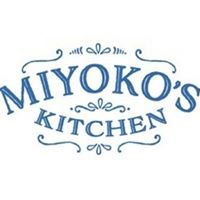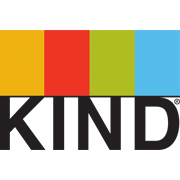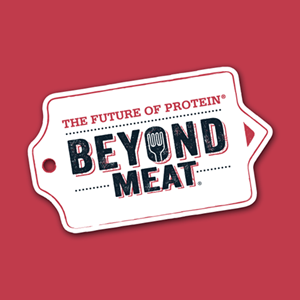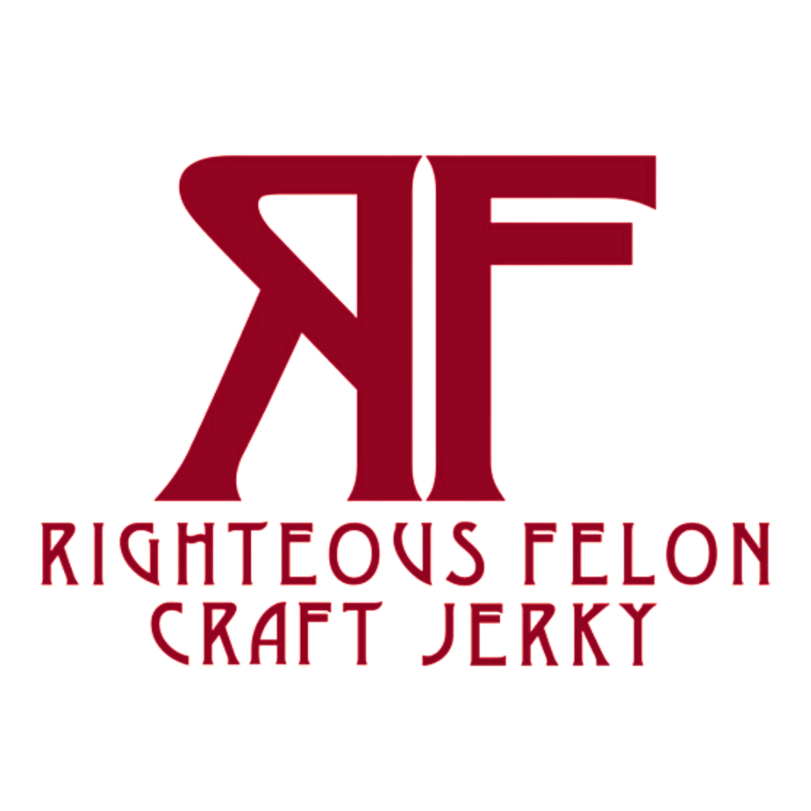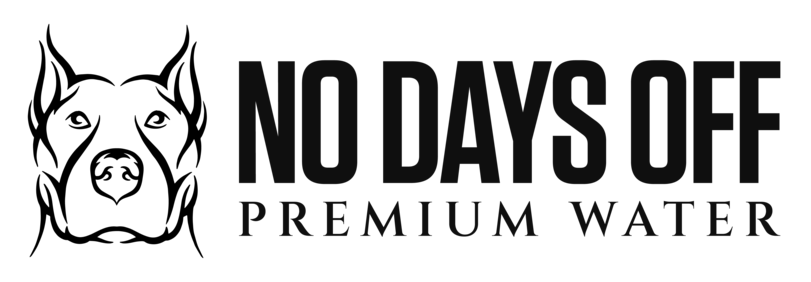The Checkout: Lightlife Calls out Competitors, KIND Commits to Source Bee-Friendly Almonds
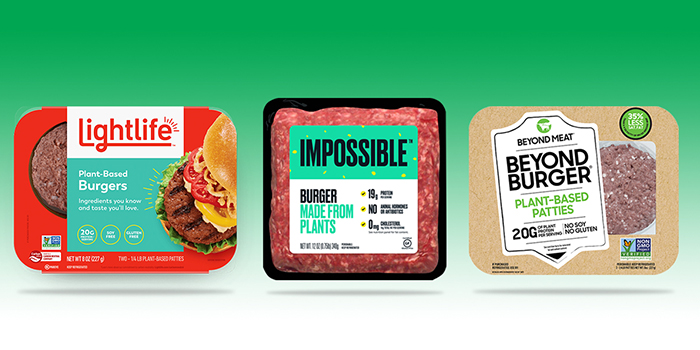
Welcome to The Checkout: an express lane for the weekly news you need to know, always 10 items or less.
Lightlife President Pens Letter to Beyond Meat, Impossible Foods
Dan Curtin, the president of plant-based meat brand Lightlife, this week published an open letter to Beyond Meat and Impossible Foods questioning their products’ ingredients. The letter ran in the print versions of The New York Times, The Wall Street Journal, USA Today, Financial Times, Chicago Tribune and San Francisco Chronicle and is part of the brand’s larger ad campaign around clean ingredients.
The ad comes after the brand announced in May that it had reformulated its line of refrigerated plant-based burgers, ground meat, sausages, breakfast links and patties to contain only 11 ingredients each. The Beyond Burger and Impossible Burger contain 18 and 20 ingredients, respectively, according to the companies’ websites. In the letter, Curtin notes that Lightlife’s products avoid “hyper-processed ingredients, GMOs and unnecessary additives and fillers” — as well as “soy leghemoglobin,” also known as “heme,” the ingredient that makes Impossible Burgers ‘bleed like meat.’ Heme was deemed ‘generally recognized as safe’ (GRAS) last July by the Food and Drug Administration (FDA).
“We’re making a clean break from both of you ‘food tech’ companies that attempt to mimic meat at any cost,” the letter reads. “We are and always have been a real food company. People deserve plant-based protein that is developed in a kitchen, not a lab.”
Lightlife is owned by Greenleaf Foods, a subsidiary of Canada-based meat producer Maple Leaf that also owns plant-based brand Field Roast. Lightlife, which is sold in 30,000 stores, has seen sales jump 57.4% year-over-year in the last 12 weeks, according to company data.
In response to the ad, both Beyond Meat and Impossible Foods defended their products and ingredient lists. In a Medium post, Keely Sulprizio, Impossible Foods’ director of communications, and CCO Rachel Konrad called the campaign “disingenuous [and] desperate,” noting that a product’s quality and nutritional value matter more than the number of ingredients.
“We’re proud of our unique, honest communication with consumers — not cynical disinformation campaigns and deceptive “real food” claims that insult [their] intelligence,” the post reads. The brand this week launched its patties in Kroger stores nationwide.
A Beyond Meat spokesperson shared a statement in which the company also spoke to the nutritional value and makeup of its products.
“If Lightlife were clear on our ingredients, they would see that our food is made from simple, plant-based ingredients. With no GMOs. No synthetic additives. No carcinogens. No hormones. No antibiotics. No cholesterol,” the statement reads. “Our foods are designed to have the same taste and texture as animal-based meat, giving more consumers more options that are better for them and the planet.”
Balducci’s and Kings Owner Files for Bankruptcy
Parsippany, New Jersey-based KB US Holdings (KB), the owner of Northeast regional grocers Balducci’s Food Lover’s Market and Kings Food Markets, on Sunday filed for Chapter 11 bankruptcy protection in the U.S. Bankruptcy Court for the Southern District of New York. The filing aims to facilitate the sales of the businesses following a stalking horse bid of $75 million by New York-based investment firm TLI Bedrock.
The transaction is expected to close in the next 60 days.
Despite the bankruptcy, Judith Spires, CEO of KB US Holdings, Inc., noted in a release that “sales and service have never been stronger” in both stores.
“During this COVID crisis, our associates and communities have demonstrated not only the viability but absolute necessity of our markets in their communities,” Spires said.
KB has also obtained a commitment for approximately $20 million in debtor-in-possession (DIP) financing to continue supporting store operations while the transaction is completed. Both chains were acquired by KB in 2016 and now total 25 Kings stores in Connecticut, New Jersey and New York and 10 Balducci’s locations across New York, Connecticut, Maryland and Virginia.
The filing notes that both retailers have struggled as consumers increasingly have turned to ecommerce options and competition has only grown as larger players, such Walmart and Amazon, have ramped up their grocery offerings. These retailers often are able to offer both lower prices as well as a larger variety, while also spending more on marketing. Although both Balducci’s and Kings were once able to differentiate themselves with a wide assortment of specialty, gourmet, organic and natural products, these offerings are no longer unique to these stores, the filing states. Although the pandemic has brought increased sales to both retailers, it also has resulted in extra expenses for safety precautions and resulted in supplier issues.
Specialty grocers Lucky’s Market, Fairway and Earth Fare also declared bankruptcies earlier this year. Since then, some Earth Fare locations have reopened, while some Fairway locations have been purchased; grocery operator Bogopa Service Corporation this week acquired its third Fairway location.
KIND Commits to Almond Sourcing from Bee-Friendly Farms
Snack brand KIND has committed to exclusively sourcing its almonds — the main ingredient in most of its 80-some products — from “bee-friendly habitats” by 2025.
The commitment represents a collaboration with farmers, suppliers, researchers and other brands to expand bee-friendly practices, the company said. Under the agreement, almond suppliers have agreed to allocating 3-5% of their land to support bees, butterflies and other pollinators, while also avoiding using neonicotinoids and chlorpyrifos, two pesticides that can harm pollinators. According to a release, KIND uilitizes 1-2% of the world’s almonds every year. While most of the total global supply comes from California’s nearly 1.53 million acres of almond orchards, under 20,000 acres are verified as bee-friendly.
In addition, the KIND Foundation will invest $150,000 in the Williams Lab at the University of California, Davis to further study bee health and track the agricultural impact of these efforts.
KIND founder and executive chairman Daniel Lubetzky said that the company has been “energized and inspired” by industry efforts to protect pollinators and that many of the brand’s suppliers have “led the way.” According to Daniel Kaiser, the Environmental Defense Fund’s director of conservation strategies, KIND’s commitment will have “substantial, long-term environmental benefits for soil health, water retention and regional biodiversity.”
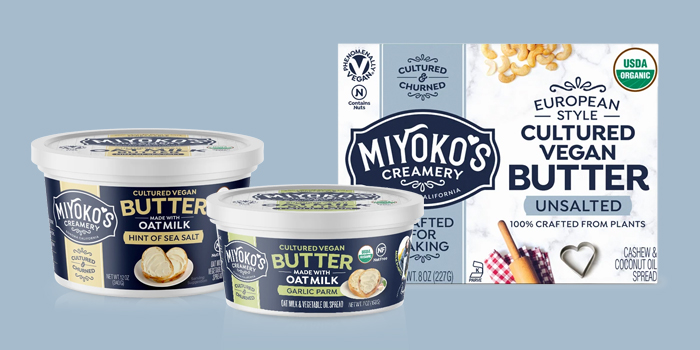
Miyoko’s Wins Case to Use “Butter” on Labels
A judge last Friday ruled in favor of plant-based brand Miyoko’s in a labeling lawsuit. The company, which produces cashew and coconut based cheeses and butters, sued to block the State of California from deeming the brand’s use of “butter,” “lactose-free,” and “cruelty free” on its plant-based butter and marketing materials as “false and misleading.”
The suit, filed in the U.S. District Court Northern District Of California in February was in response to a letter by California’s Department of Food and Agriculture’s Milk and Dairy Foods Safety Branch in December stating that the brand’s vegan butter labels and marketing content violated federal and state labeling laws. Miyoko’s, in turn, argued that the attempt to block this language stifled the brand’s First Amendment rights.
In the ruling, the court granted First Amendment protection for Miyoko’s to continue with its existing product packaging and marketing materials. Judge Richard Seeborg noted the state presented “empirically underwhelming” evidence of consumer confusion.
“To bolster its claim that a given business practice is deceptive, a regulatory body is, of course, invited to present academic studies to that effect,” Seeborg said.
In a statement, The Plant-based Food Association (PBFA) called the ruling “another win” for the broader plant-based industry. Similar attempts have been made to block plant-based brands from using meat or dairy-related language, including one against plant-based meat brand Tofurky.
